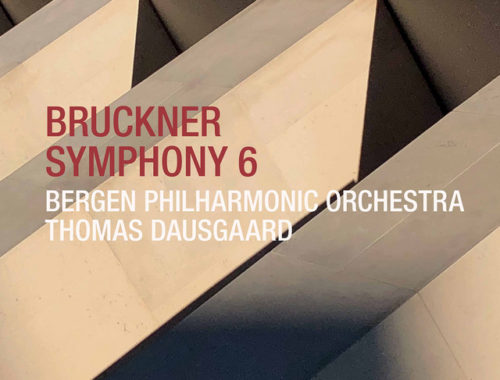Three Sisters, the Young Vic, and the extraordinary Benedict Andrews
Three of the best things I have seen in the theatre over the last couple of years have been directed by the same man – Benedict Andrews. The ENO/Young Vic’s extraordinary The Return of Ulysses, the Sydney Theatre Company’s Big and Small and now, back at the Young Vic, his own version of Chekhov’s Three Sisters – a play that I have revered since playing Andrey on BBC Radio eons ago and one which never fails to exhaust and overwhelm me.
Andrews has whipped it into the here and now with some startlingly contemporary musical references and, of course, a passionate range of expletives while still maintaining absolute fidelity to the spirit and in most cases the letter of the text and still placing us in this enclosed, stifling, inner world where what is happening outside – as in the sounds that reach us from outside: the hyperactivity of a military garrison, bands, gunshots, and so on – seems so remote. The sisters, we know, will never reach Moscow – not on account of practical, physical considerations (like winter train travel), but rather an all-pervasive apathy forced upon them by the nature of the society in which they find themselves.
It’s a startling play and this is a startling production. You start by wondering how so much space can suggest not freedom but total claustrophobia. It can and does. Under a coldly illuminated canopy of sky (the brilliant German designer Johannes Schütz) the empty waste of a stage surrounded on three sides by a scrutinising audience culminates at one end in what is now an almost clichéd metaphor for waste – the slag heap. At the start of the play the three sisters seem so remote from each other, physically and emotionally, but as their individual hopes and aspirations come to naught they seem to bond more and more into a kind of co-dependent unit so that their ultimate degradation atop the slag heap (like one of those Soviet propaganda posters) is also an apotheosis – hopelessness turned into a kind triumph. The repetitions of text are heartless – “If only we knew, if only we knew…” and yet for all the loss, for all the failure, for all the shattered dreams, the sisters still – almost perversely – have each other.
I hadn’t intended this as a revue of any sort (and perhaps those who haven’t seen it should stop reading now) – more a celebration of a great evening in the theatre – but the imagery and the emotional and physical force of the staging won’t leave me. This stage of little tables (it takes a while for the brilliance of it to register) which Irina stacks into a kind of makeshift staircase to the open sky, a portal “To Moscow! To Moscow!” at the end of act two; this stage which, like the lives played out on it, is systematically dismantled from beneath them by garrison soldiers throughout the final two acts. I think also of the brutal switch from summer to winter – a blast of rock music, a blizzard of snow; I think of the spinning top which Fedotik brings for Irina and the eternity that seems to elapse as the entire assembly watches it spin to a standstill – a portent of the nothingness that masquerades as a hopeful future, of lives spinning to inertia. And I think of the stroke of genius which casts the ghastly Natasha (audibly) as an outsider – an Australian (which might or might not be a gentle dig at Andrews’ compatriots but is in any event a neat in-joke).
A breathtaking evening, then. The emotional truth of this company – and especially the sisters – Gala Gordon (Irina), Mariah Gale (Olga), and Vanessa Kirby (Masha) – makes it an especially harrowing one and, true to Andrews’ expressive physicality as a director, an extremely exciting one. I haven’t seen Chekhov like this outside of visiting Russian companies. The Young Vic must have Andrews back – and soon.
Calendar Girls (and Boys)
You May Also Like

A Conversation With PATRICIA HODGE
09/02/2015
A Conversation With VASILY PETRENKO: Shostakovich Symphony No.13 “Babi Yar”
02/09/2014